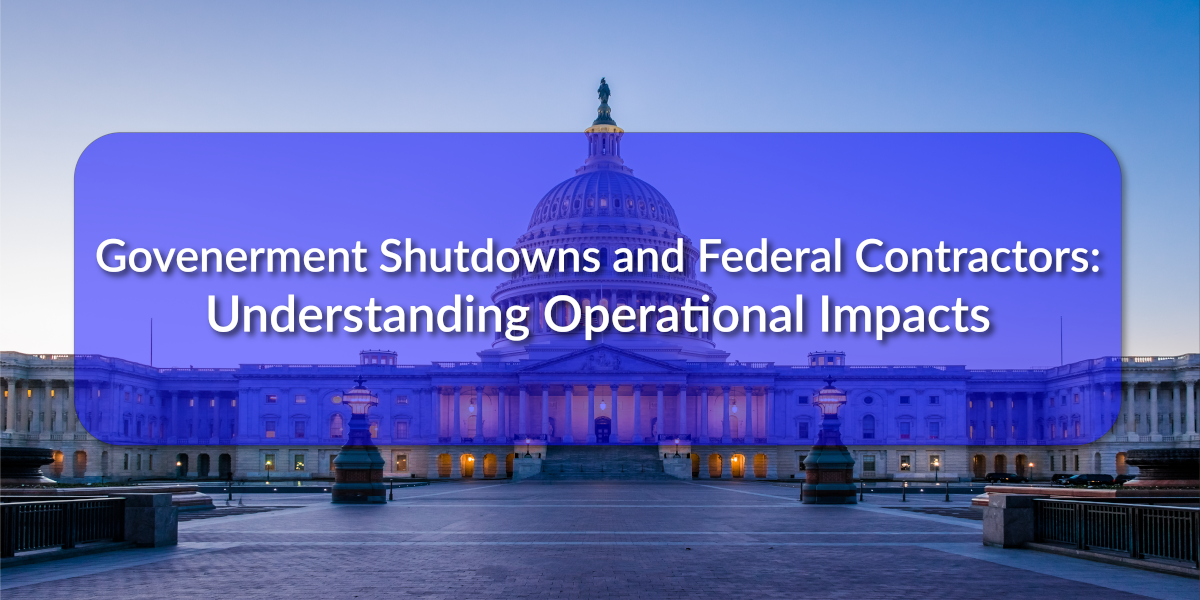How to Structure Your Business to Be on the Government’s Timeline
Feb 19, 2026 10:30:00 AM / by Kyle Hayes posted in Guides, Registration & Compliance Management
Building Your Government Contracting Team: Who You Actually Need
Feb 17, 2026 10:30:00 AM / by Kyle Hayes posted in Guides, Team, Subcontracting & Teaming
Federal Set-Aside Program Updates for Small Businesses in 2025 to 2026
Feb 12, 2026 10:30:00 AM / by Kyle Hayes posted in Guides, NAICS, Set-asides
FY27 Budget Proposal: What It Means for Contractors
Feb 10, 2026 10:30:00 AM / by Kyle Hayes posted in Guides, News, Federal Spending
Why Your Commercial History Matters for Government Work
Feb 5, 2026 10:30:00 AM / by Kyle Hayes posted in Simplified Acquisition Program (SAP), Guides, Registration & Compliance Management
First 90 Days After SAM Registration: The Complete Action Plan
Feb 3, 2026 10:30:00 AM / by Kyle Hayes posted in Simplified Acquisition Program (SAP), Guides, Subcontracting & Teaming
CMMC in 2026: What Actually Changed From Last Year
Jan 29, 2026 12:57:30 PM / by Kyle Hayes posted in Guides, News, cmmc
A lot of teams treated 2025 like a warm-up lap. Policies were “final,” but awards didn’t consistently test readiness.
Beyond SAM Registration: Defining Success in Federal Contracting
Jan 27, 2026 12:02:37 PM / by Kyle Hayes posted in Simplified Acquisition Program (SAP), Guides, Subcontracting & Teaming
SAM is active. Now the real decisions start
Contracting Opportunities From Winter Storm Fern (January 2026)
Jan 26, 2026 12:37:24 PM / by Kyle Hayes posted in Guides, News, Disaster Relief
Winter Storm Fern isn’t just a weather story. It’s a continuity-of-operations mission.










